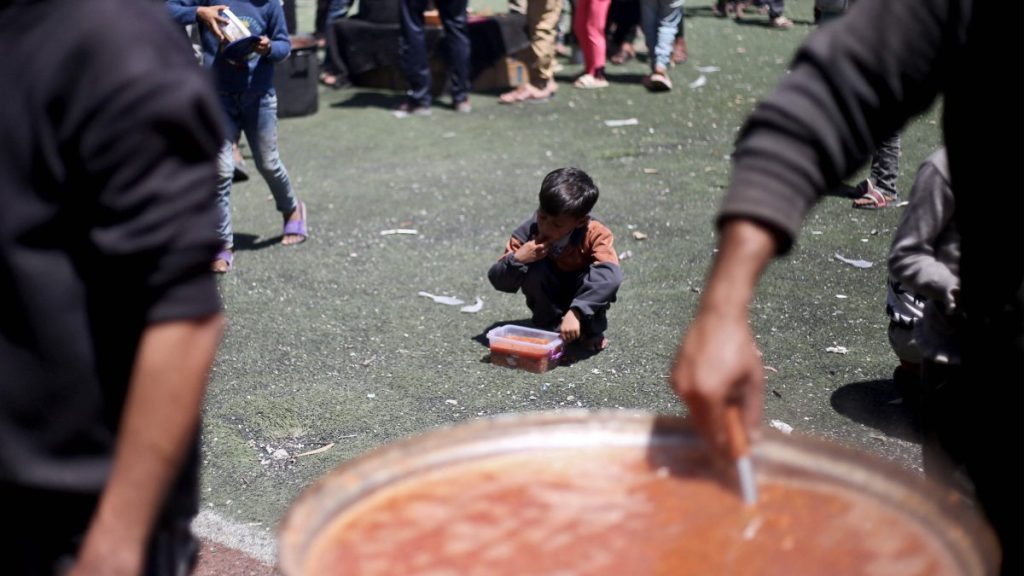Human history is often romanticized as a gradual progression toward enlightenment and justice. The deeper we dig into the history of human civilization, the clearer it becomes: the world has never truly run on principles of fair play. Power – naked, unapologetic power – has always been the driving force.
The horrors of industrial-scale atrocity in Nazi Germany and the devastation of Hiroshima and Nagasaki exposed the capacity for cruelty in the modern age. The United Nations was formed in 1945 to promote peace, and three years later, the Universal Declaration of Human Rights was adopted – a bold and groundbreaking document outlining the rights inherent to every human being.
Yet, almost immediately, the Cold War turned those ideals into geopolitical tools. The United States championed civil liberties abroad while enforcing segregation at home. The Soviet Union preached equality while crushing dissent in Hungary and Czechoslovakia. Even the Non-Aligned Movement, envisioned as a third way, often became a stage for authoritarianism masked in anti-colonial rhetoric. It was more an exercise in hypocrisy than genuine fair play.
So much for universality
Since Oct. 7, 2023, the genocide in Gaza has exposed how power yielding makes a mockery of international law. Ironically, those once victims of mass atrocity now stand accused of inflicting one of the most sustained campaigns of violence against a civilian population in recent memory.
Israel’s plan to seize “large areas” of Gaza, following the breakdown of the cease-fire, has caused widespread death, displacement and destruction. Over 1,000 have been killed since mid-March 2025 alone. More than 90% of Gaza’s 2.3 million residents have been uprooted, many repeatedly. Entire neighborhoods have been flattened.
International institutions have responded with words – condemnations, investigations and resolutions. The International Court of Justice is examining claims of genocide. The International Criminal Court is gathering evidence. There has been no real consequence. Israel continues, emboldened by diplomatic immunity and military support, chiefly from the U.S.
This is not a breakdown of the system. This is the system. International law bends to power. The U.N. Security Council, supposedly the guardian of peace, is paralyzed by vetoes. While Western capitals speak the language of human rights, they continue to ship arms and grant impunity. Justice is invoked in speeches, even as death is delivered on the ground.
Once, power was measured in swords and spears; now it resides in drones, weapons of mass destruction and control over data and the skies. Nations compete not only in cyberspace but also in outer space, scrambling to militarize new frontiers. The tools have changed; the instinct to dominate remains the same.
This technological age has not humanized us; it has mechanized our savagery. Surveillance regimes, algorithmic manipulation, disinformation campaigns and space militarization define the new world order. The language may be modern, but the logic is ancient.
Where does justice stand?
There is a pattern here – empires rise, proclaim ideals and fall into hypocrisy. Britain extolled liberty while colonizing continents. The U.S. champions democracy while enabling repression. The Soviets promised equality while building gulags. Today, China speaks of “win-win cooperation” while running internment camps. Russia claims to fight fascism while bombing cities. The West positions itself as the guardian of rights while facilitating atrocities in Gaza, Yemen and beyond.
This is where the honest answer becomes uncomfortable. Many still believe that global justice is achievable – that if we reform institutions, elect better leaders, or pass the right laws, we can build a fairer world. But the very structure of global politics is incompatible with the idea of just peace. States act in self-interest. Alliances are not moral commitments but strategic calculations. Rights are upheld only when they align with power. This is not pessimism. It is a clear-eyed reading of the history. Hope cannot be built on illusions.
Where does that leave us?
The ideal of human rights must not be abandoned; however, it is time to stop romanticizing it. Rights are not gifts from power; they are demands wrested from it. Justice is not bestowed from above; it is forced into existence from below. Real change comes from resistance – from those who organize, persist and refuse silence. The powerless must challenge the powerful, not appeal to their conscience but expose their hypocrisy.
And above all, we must confront a fundamental truth: when civilization abandoned the scriptural vision of just peace, once preached by prophets and grounded in spiritual accountability, it lost its moral restraint. Without that anchor, society became governed by raw interests, untampered by ethics. Whether cloaked in law or wrapped in civility, man has remained, more often than not, wild and brutal – seeking power not to serve justice, but to dominate.


